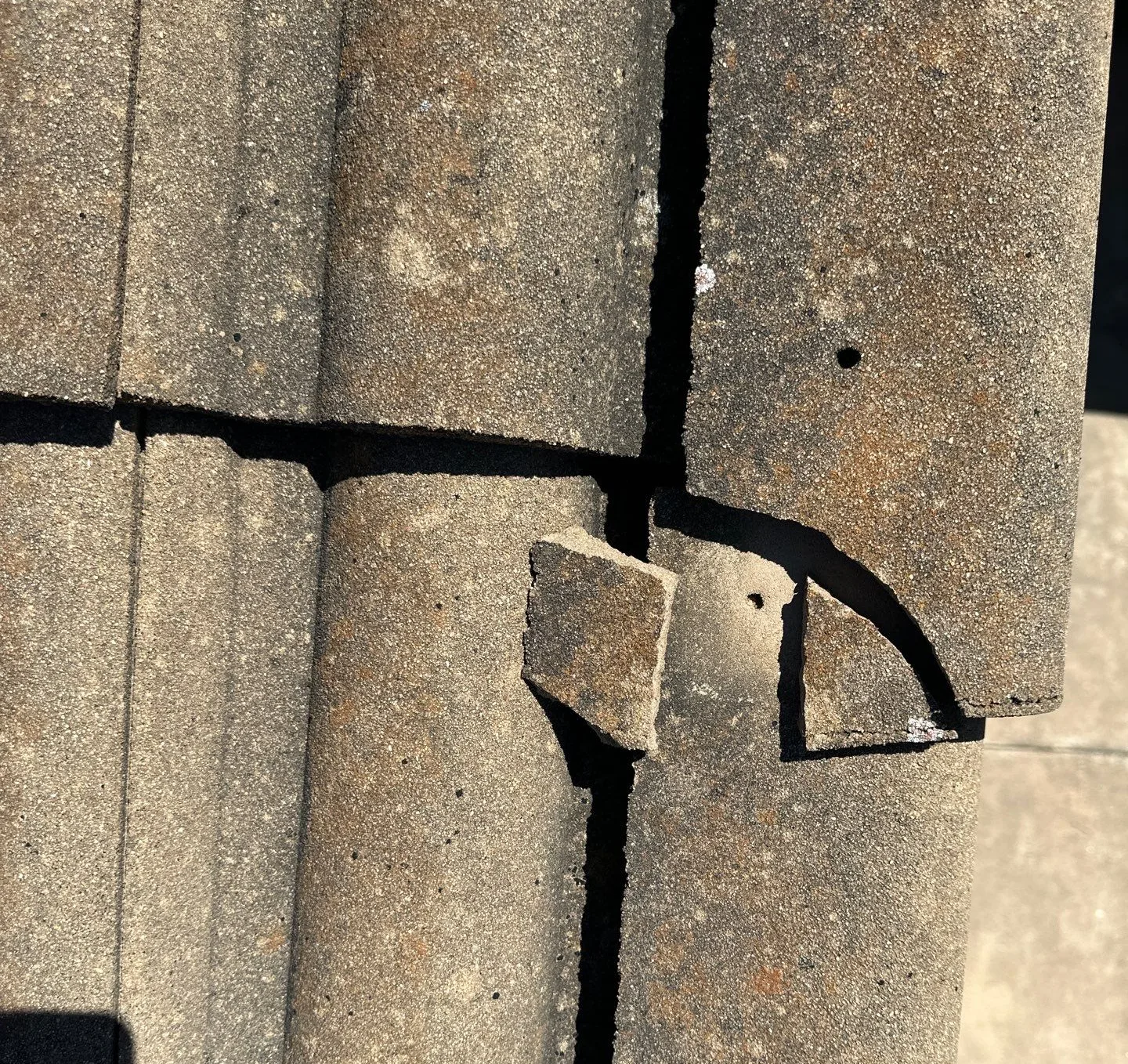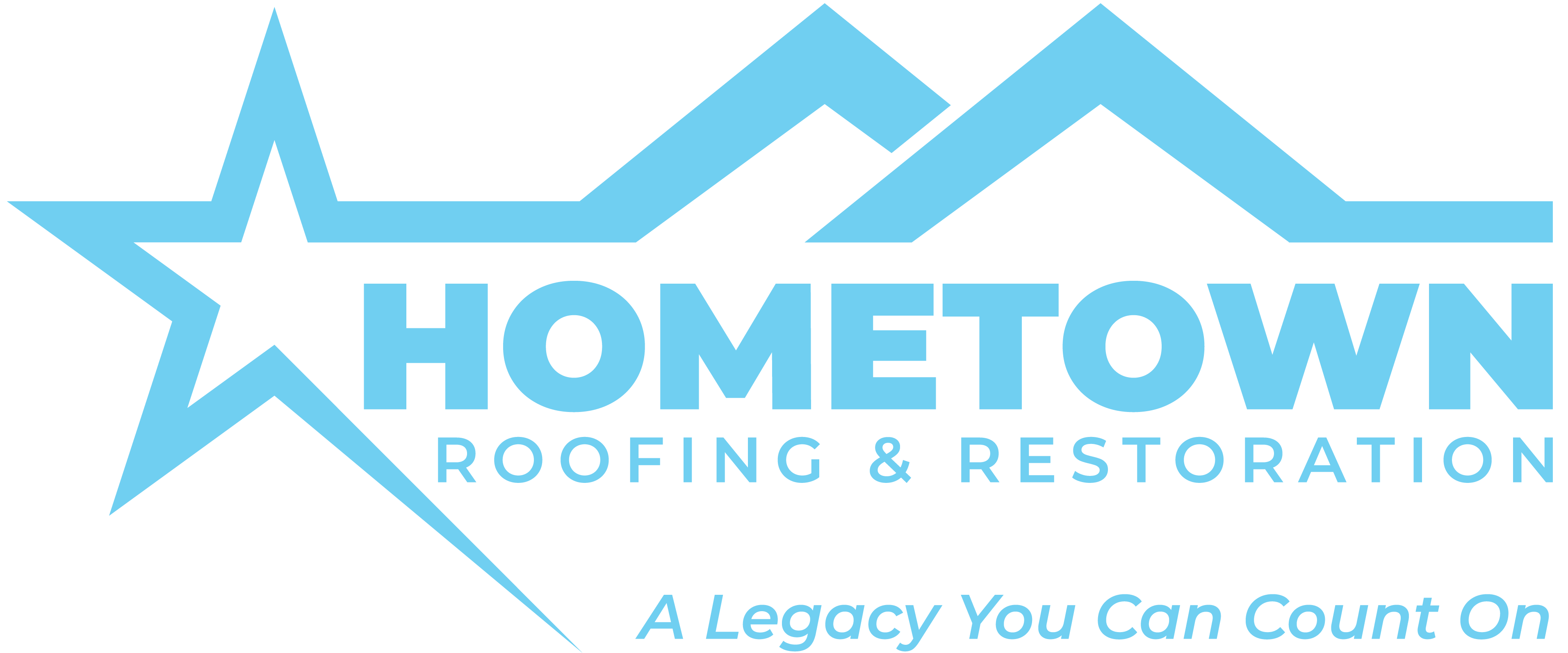Marble Falls, Texas, is a beautiful town in the Hill Country, known for its stunning landscapes, serene lakes, and a close-knit community. As more people discover this charming town, the demand for durable and visually appealing homes is increasing. One popular trend is the use of metal roofs. Metal roofs…

Choosing the Right Metal Roofing Material in San Antonio Texas: A Comprehensive Guide
Selecting the right roofing material is a critical decision for any homeowner. The roof is a fundamental component of your home’s structure, providing protection against the elements, contributing to energy efficiency, and influencing the overall aesthetic appeal and value of your property. Choosing a suitable roofing material involves considering various…

Road to Recovery: 8 Proven Tips for Successful Texas Hail Storm Roof Damage Restoration
Welcome to the journey of recovery in the aftermath of a Texas hailstorm. When the skies clear after nature’s fury has passed, the true test of resilience begins for homeowners and businesses alike. The aftermath of a Texas hailstorm is a landscape marked by challenges, but also by opportunities for…

Comprehensive Guide to Roofing Insurance for Texas Homeowners
Roofing insurance is an essential safeguard for homeowners, especially in regions like Texas, where weather conditions can be particularly harsh on roofs. This guide aims to provide comprehensive information on roofing insurance assistance in Texas, helping local individuals understand their options and make informed decisions. Understanding Roofing Insurance What is…

The Top 5 Advantages of Metal Roofing in Austin: Why It’s the Ultimate Choice for Your Home
When it comes to building or renovating a home in Austin, Texas, one of the most critical decisions you’ll make is selecting the right roofing material. Your roof is not just a protective barrier against the elements; it also significantly impacts your home’s energy efficiency, aesthetic appeal, and overall value….

Innovations in Metal Roofing in Boerne, Texas: Embracing the Future of Sustainable Living
In Boerne, Texas, metal roofing is becoming increasingly popular, and it makes sense. Its long lifetime, resilience, and environmentally beneficial qualities are making people fall in love with it. Metal roofing is a great fit for the growing trend of sustainable living that home builders and homeowners are searching for….

Surviving the Storm: A Step-by-Step Guide to Texas Hail Storm Roof Damage Restoration
After a Texas hailstorm, the scene is one of chaos and uncertainty. When the skies clear and the thunder stops, you’re left with the mess caused by nature’s fury. From broken windows to damaged cars, the destruction is clear. But amidst this mess, the most vulnerable part of our homes…

Facing the Aftermath: 5 Key Tips for Managing Texas Hail Storm Roof Damage Restoration
In hailstorms, communities are often left grappling with the aftermath of widespread property damage. From shattered windows to dented vehicles, the impact can be staggering. Among the most critical areas affected is the roof, which serves as the first line of defense for homes and businesses. As hail pelts down,…
Protecting Your Home: 7 Essential Tips for Texas Hail Storm Roof Damage Restoration
Texas, a state known for its vast landscapes and dynamic weather patterns, often finds itself under the unpredictable siege of hail storms. From the Panhandle to the Gulf Coast, these meteorological marvels can strike with astonishing ferocity, leaving a trail of damage in their wake. In the aftermath of a…

5 Red Flags to Watch Out for When Hiring a Storm Damage Roofing Contractor in Texas
Every Texan homeowner knows the damage that storms can wreak on roofs. When the winds howl and the rains pour, the result can leave your roof battered and in need of urgent repair. However, in the rush to restore your home’s protection, it’s crucial not to rush into hiring just…



